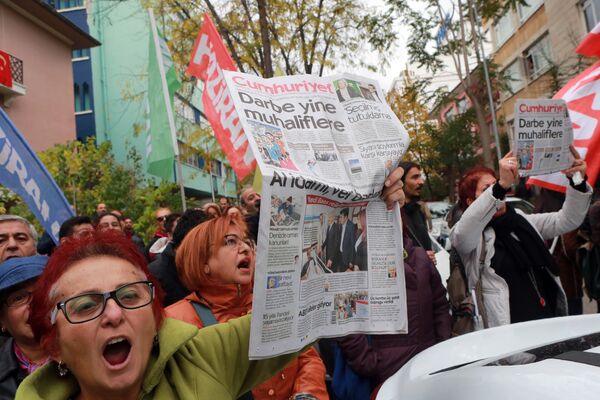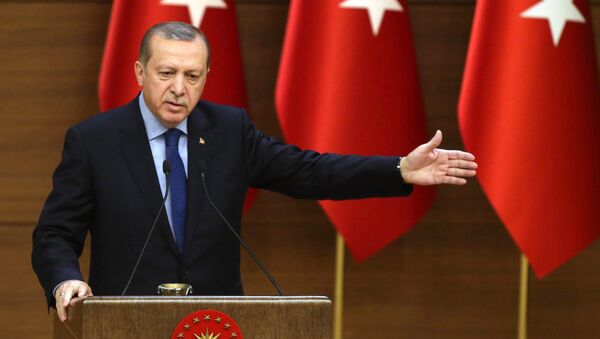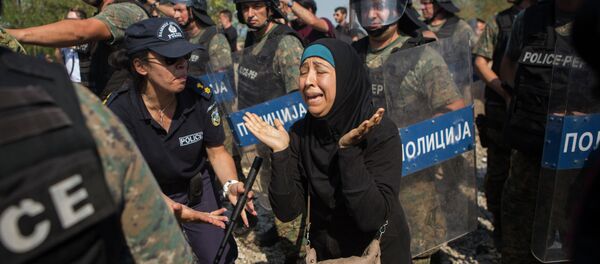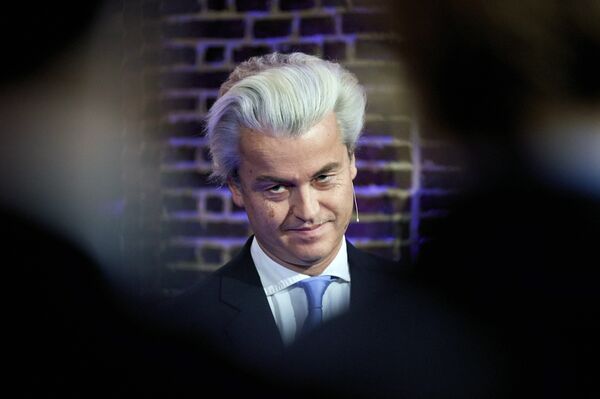The amendments to the constitution include the introduction of an executive presidency that would replace the existing parliamentary system of government and the abolition of the Office of the Prime Minister. It follows protests against clampdowns on opposition and the media.

However, attempts by Erdogan's supporters to hold rallies in support of him in the Netherlands — where there is a significant population of Turks eligible to vote — have been met with opposition from the Dutch Government, which has prevented Turkish ministers from speaking at them.
Dutch Prime Minister Mark Rutte, March 10, banned the Turkish Foreign Minister Mevlut Cavusoglu from entering his country, deepening the diplomatic row. Cavusoglu had planned to travel to the Netherlands to address rallies of Turkish citizens.
Turkish Family Minister Fatma Betul Sayan Kaya was stopped by Dutch security forces, March 11, while on her way to the Turkish consulate in Rotterdam where she was due to meet representatives of the Turkish community.
"What happened on that night is a clear violation of the Vienna Convention. All these three organizations [UN, Council of Europe and the OSCE] acknowledge the Vienna Convention as the basis of conducting diplomatic relations. They should have a say on the Netherlands' clear breach of this convention," a diplomatic source told the Hurriyet Daily News, March 13.
Diplomatic Spat
The situation worsened March 13, when Turkey banned the Dutch ambassador from returning to Turkey and all diplomatic ties between the two countries were called off.
There is a similar standoff between Turkey and Germany after a series of similar rallies have been called off by the authorities, citing security issues.
The Dutch are holding elections, March 15, and the issue of Islamophobia and immigration has played a central role, with right-wing leader Geert Wilders riding high in the polls, although Dutch Prime Minister Mark Rutte has gained political points by his tough stand against the Turkish rallies.
The Netherlands, Germany and Turkey are all NATO partners and its Secretary-General, Jens Stoltenberg, has called on Turkey and its EU allies to drop the political spat.
"Robust debate is at the heart of our democracy but so is also mutual respect. Therefore, I will encourage all allies to show mutual respect, to be calm and have a measured approach… to defuse tensions and de-escalate the situation," Stoltenberg said at a news conference March 13.




